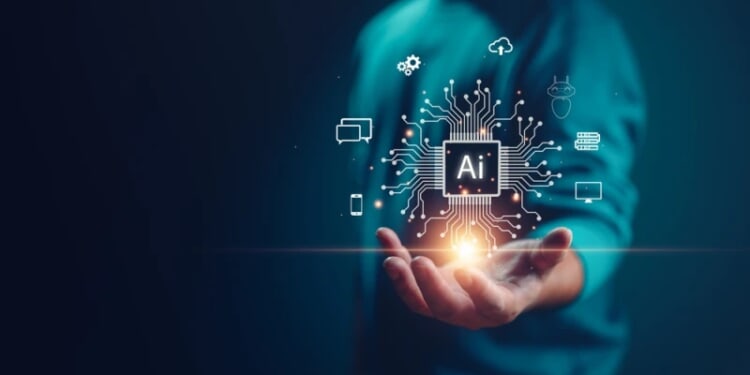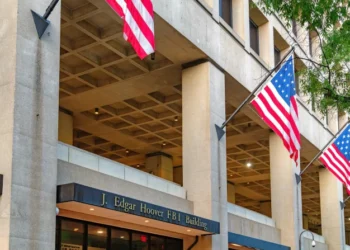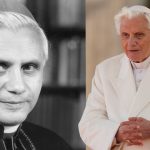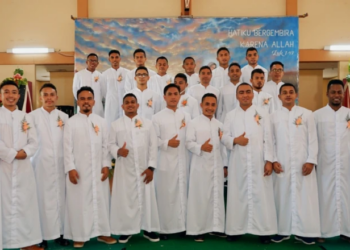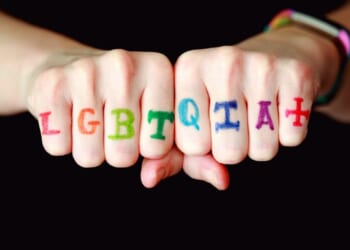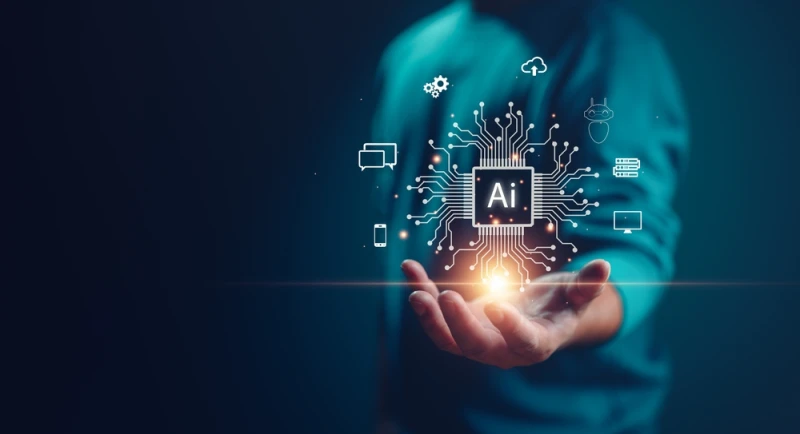
ACI Prensa Staff, Nov 12, 2025 / 06:00 am (CNA).
Ana Lazcano, director of the University Institute of Artificial Intelligence (AI) at Francisco de Vitoria University in Spain, warned that AI is not an all-powerful deity and it is necessary to “lay the foundations of critical thinking” about the technology.
In a conversation with ACI Prensa, CNA’s Spanish-language news partner, Lazcano explained that the recently created institute she directs seeks to provide a unified vision of AI: “It is a discipline that has arrived like a tsunami, an interdisciplinary science that is sweeping us all away in every area, and we need a unified approach; we need to build strength together.”
For Lazcano, who also directs the university’s master’s programs in business analytics, artificial intelligence and machine learning, and generative AI for business, this unified vision is “very necessary, because many ethical questions are also involved. How are we using AI? What is the objective? To replace us, to complement us? The more aligned the vision is with the university’s mission, the greater the benefit we will be able to obtain.”
The new University Institute of Artificial Intelligence is integrated into the university both organizationally and through the multidisciplinary nature of its collaborators: philosophers, anthropologists, educators, engineers, psychologists, and others.
“There are representatives from all faculties and departments of the university, allowing each to have their perspective from their field, share it, and find those common points,” Lazcano explained.
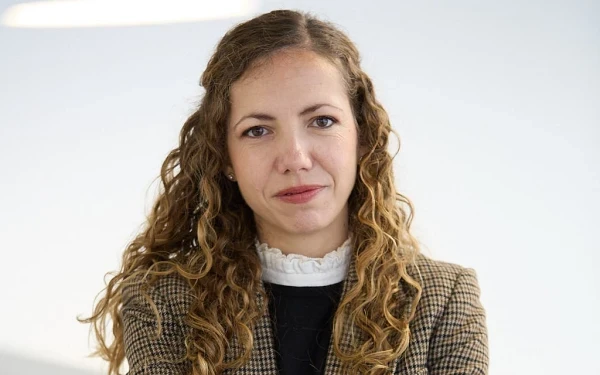
The proposed approach to AI from a specifically Catholic perspective, she affirmed, is the one of Pope Leo XIV: “Not to be afraid of it, to understand it, to approach it with great caution.”
This caution refers to the fact that “we cannot attribute qualities and properties to it that it does not possess: Artificial intelligence is not all-powerful. If we put this technology in its proper place — and what we are doing is prioritizing human knowledge, human wisdom, and above all, what makes us different from it — that is when we can make the most of it.”
“The moment we treat artificial intelligence as a deity, we are mistaken; it is far from that, it is a complement,” she emphasized.
Contribution to the common good
The new institute aims to base its activities on four pillars: training, research, technology transfer and application, and dissemination in order to contribute to the common good.
Lazcano shared that the institute hopes to provide society with “well-trained and prepared students,” not only in technical aspects, but above all, “for the ethical challenges posed by” AI as well as the knowledge generated through research and its practical application.
Regarding dissemination, Lazcano pointed out that “it is necessary to lay the foundations for critical thinking. There is a lot of talk about artificial intelligence, and unfortunately, because there are a lot of voices, there is a lot of noise. We want what we generate to truly contribute; to be quality content that is useful to people.”
Impact on the university world
Artificial intelligence has also impacted the university sphere, Lazcano said, posing a significant challenge to “how we teach, learn, and assess.”
She said the university should provide technology training and services to professors, students, and researchers because “when you know the tools at your disposal, you are able to apply them more effectively.”
However, “there is resistance to change,” she acknowledged, so the school hopes to implement “a technological support model in which we explain that this is a small but significant revolution; that we have to ride the wave and, above all, take advantage of its capabilities, rather than fearing it or having a negative view.”
One of the biggest challenges is that AI “is opening a spectacular technological gap between teachers and students” in which students are more advanced. “Written work no longer makes much sense. I can no longer tell if a student has done a piece of work or not,” pointed out the expert, who, nevertheless, has a hopeful outlook on the matter.
“I like to think that this is bringing us back to an original concept of university, to debate, to conversation; to putting the student at the center and supporting him in that learning process,” she said. “It’s going to completely change the rules of education, but I think for the better. Once we’ve stabilized a bit, we’ll be able to return to those fundamental subjects and make critical thinking fashionable again, rather than artificial intelligence.”
This story was first published by ACI Prensa, CNA’s Spanish-language news partner. It has been translated and adapted by CNA.
If you value the news and views Catholic World Report provides, please consider donating to support our efforts. Your contribution will help us continue to make CWR available to all readers worldwide for free, without a subscription. Thank you for your generosity!
Click here for more information on donating to CWR. Click here to sign up for our newsletter.

